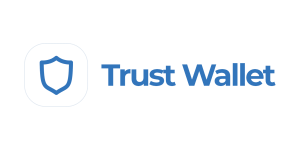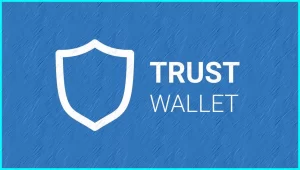How does a Trust Wallet make money?
Trust Wallet makes money through fees from its built-in services, such as crypto swaps, staking, and third-party integrations. It also earns by partnering with blockchain projects and earning a share of transaction fees or promoting certain tokens within the app.
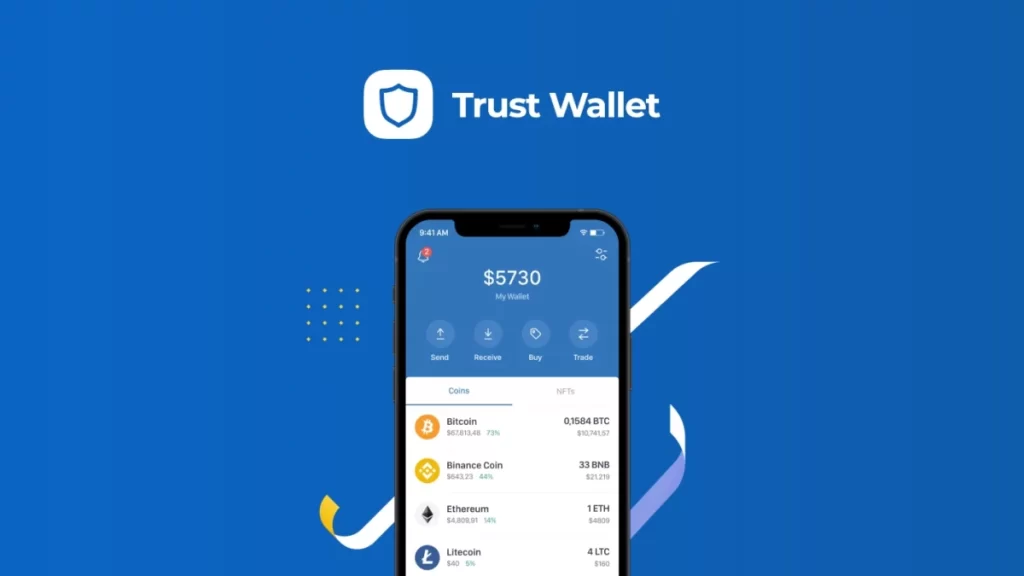
Understanding Trust Wallet’s Revenue Model
Overview of Trust Wallet’s Business Strategy
-
Adapting to Market Needs: Trust Wallet positions itself as a versatile crypto wallet, adapting its features to align with user demands and market trends. This flexibility helps attract a broader user base.
-
Focus on Security and User Sovereignty: By emphasizing security and the privacy of its users, Trust Wallet ensures that user assets are protected, which is crucial for maintaining and growing its user base.
-
Integrations and Expansions: The wallet continuously integrates with new blockchains and features, increasing its utility and, consequently, its potential avenues for revenue.
Why Trust Wallet Remains Free for Users
-
Building a Large User Base: Offering the wallet for free helps attract a significant number of users, establishing a robust platform for potential monetization through other channels.
-
Revenue from Optional Services: While the basic wallet functions are free, Trust Wallet earns from services such as token swaps, staking, and other blockchain interactions that include small fees.
-
User Trust and Loyalty: Free access to the wallet helps build trust and loyalty among users, which is vital for the long-term sustainability of the platform, as satisfied users are more likely to use additional paid features.
Earning Through Crypto Swap Fees
How Swap Transactions Generate Income
-
Service Fees on Each Swap: Trust Wallet partners with decentralized exchange (DEX) protocols to facilitate token swaps, charging a small service fee on each transaction. This fee becomes a steady source of income as users trade within the app.
-
High Volume Transactions: With millions of active users, even minimal fees per swap accumulate into significant revenue due to the high frequency of transactions across different blockchain networks.
-
Partner Commission Models: Trust Wallet often earns a percentage-based commission through its integrations with DEX providers, benefiting from every swap executed via these third-party services within the app.
Popular Tokens and Their Impact on Fees
-
High Demand Tokens Drive Swap Activity: Popular cryptocurrencies like Ethereum, BNB, and stablecoins lead to more frequent swaps, directly increasing the number of fee-generating transactions for Trust Wallet.
-
Network Congestion and Fee Variations: When swapping popular tokens on busy blockchains, network fees (gas fees) rise. While these go to miners, Trust Wallet’s fixed service fees remain, ensuring consistent earnings regardless of market conditions.
-
Incentives for Specific Token Swaps: Trust Wallet may promote certain tokens through partnerships, encouraging users to trade these assets. This boosts swap volumes and, in turn, enhances the platform’s fee-based revenue.
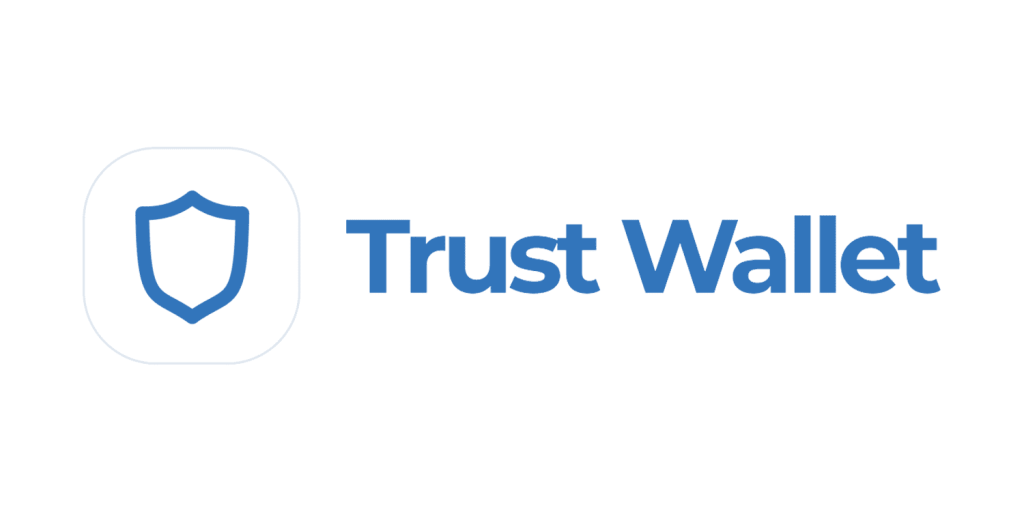
Staking Services as a Source of Profit
Commission Fees from Staking Rewards
-
Earning a Percentage of User Rewards: Trust Wallet allows users to stake cryptocurrencies directly through the app. In return, it takes a small commission from the staking rewards earned by users, creating a passive income stream.
-
Validator Partnerships: Trust Wallet collaborates with trusted validators who process staking operations. Part of the validator’s commission is shared with Trust Wallet, ensuring consistent earnings from staking activities.
-
Encouraging Long-Term Staking: By promoting staking as a way to earn passive income, Trust Wallet increases the number of users locking their assets, which leads to a steady flow of commission-based revenue over time.
Supported Coins for Staking on Trust Wallet
-
Offering Popular Staking Coins: Trust Wallet supports widely used staking coins like BNB, Cosmos (ATOM), and Tezos (XTZ), attracting users who seek to earn rewards, which in turn boosts the platform’s commission earnings.
-
Expanding Staking Options: Continuously adding support for new proof-of-stake (PoS) coins increases user engagement and staking volume, directly impacting the amount of profit Trust Wallet generates through fees.
-
User-Friendly Staking Process: Trust Wallet simplifies staking for beginners, making it easy to delegate tokens. This accessibility encourages more users to participate, increasing the total staked assets and associated commission income.
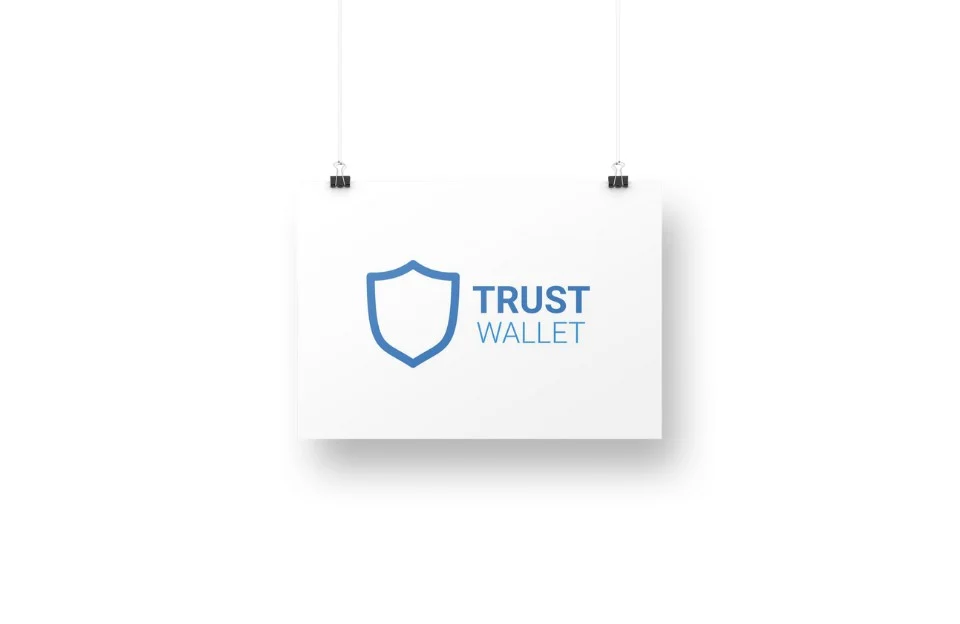
Partnerships and Third-Party Integrations
Revenue from DApp and DeFi Collaborations
-
Promoting DApps Within the Wallet: Trust Wallet integrates decentralized applications (DApps) and highlights them in its built-in browser. These featured placements are often part of paid partnerships, generating revenue for Trust Wallet.
-
Transaction Fees from DeFi Usage: When users interact with DeFi platforms through Trust Wallet, certain transactions may include service fees or shared commissions, allowing Trust Wallet to earn from user engagement with these platforms.
-
Collaborations with Emerging Projects: New blockchain projects often partner with Trust Wallet to gain exposure. These collaborations may involve promotional fees or revenue-sharing agreements tied to user activity within the wallet.
How Affiliate Programs Boost Earnings
-
Earnings from Fiat On-Ramp Services: Trust Wallet partners with third-party payment providers for crypto purchases using fiat currency. It earns affiliate commissions whenever users buy crypto through these services integrated in the app.
-
Referral Bonuses from Partner Platforms: Through affiliate links and referral programs, Trust Wallet generates income when users sign up for or use partner services such as exchanges, lending platforms, or NFT marketplaces.
-
Incentivized User Actions: Trust Wallet benefits from affiliate deals where users are encouraged to perform specific actions—like trading, staking, or using DeFi protocols—earning a percentage of the fees generated by these activities.

Promoting Tokens and Blockchain Projects
Sponsored Listings within Trust Wallet
-
Paid Token Listings: Blockchain projects can pay to have their tokens listed or highlighted within Trust Wallet, giving them visibility to millions of users. This sponsored listing model provides a direct revenue stream for Trust Wallet.
-
Enhanced Token Information Display: Projects may pay for enhanced features, such as detailed token profiles, logos, or market data integration, ensuring their token stands out in users’ wallets while generating income for Trust Wallet.
-
Priority Integration for New Projects: Trust Wallet offers fast-track listing services for emerging tokens in exchange for fees, allowing projects quicker access to the wallet’s ecosystem while monetizing this demand.
Marketing Opportunities for New Tokens
-
Featured Promotions and Campaigns: Trust Wallet collaborates with blockchain projects to run promotional campaigns, including in-app banners or notifications, which are paid marketing opportunities.
-
Airdrop and Giveaway Partnerships: Projects often partner with Trust Wallet to conduct token airdrops or giveaways. These marketing efforts typically involve service fees or promotional charges paid to Trust Wallet.
-
Educational Content Sponsorships: New blockchain projects may sponsor educational content or tutorials within Trust Wallet’s platforms to raise awareness about their tokens, providing another revenue channel through sponsored learning initiatives.


